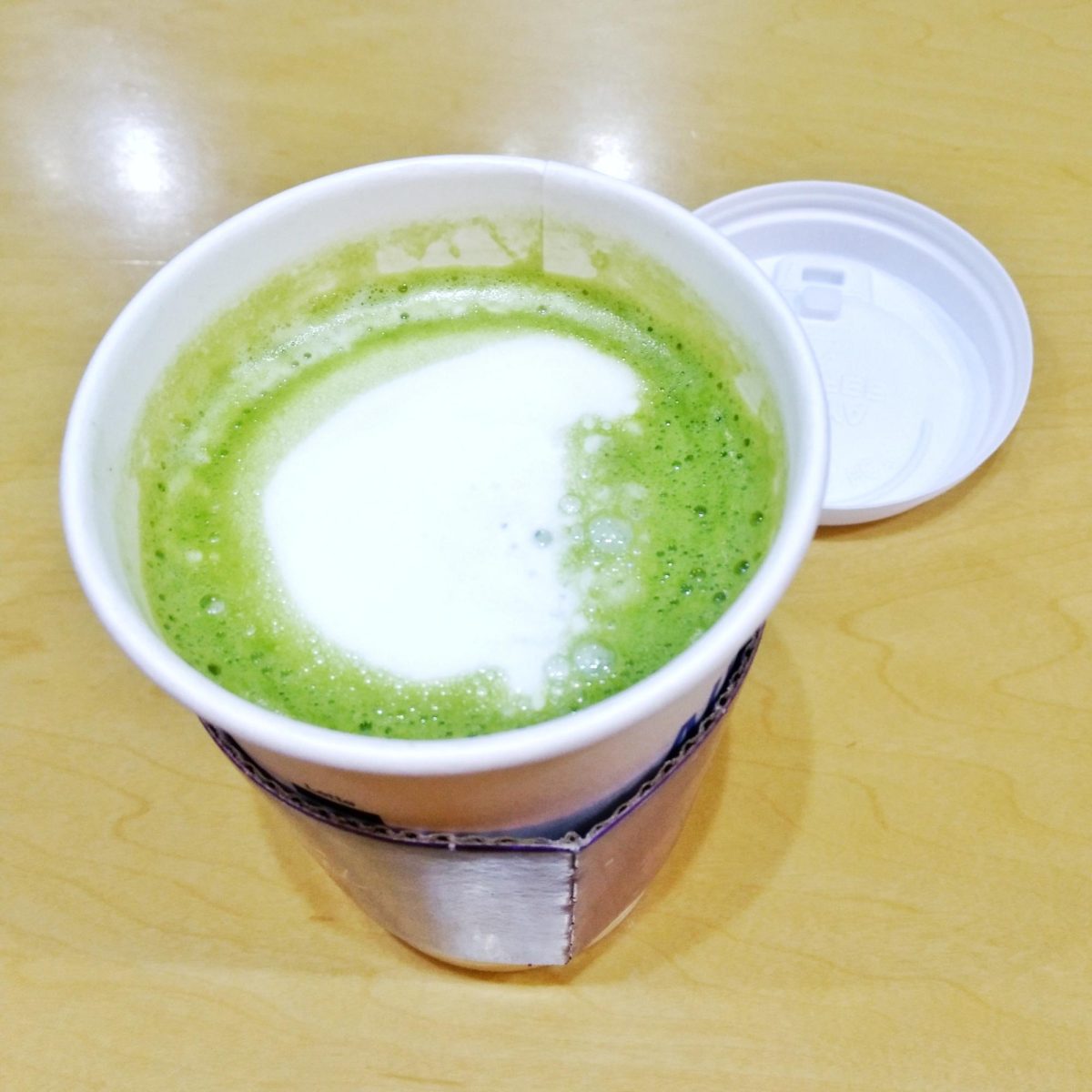Matcha. Some may say it’s a delicious green drink that they get from Starbucks or even make at home, and others say it tastes like grass. Well, let’s dig a little deeper into the nutritional aspects of matcha. Nutrition scientists and doctors have discovered that matcha has many cancer fighting antioxidants. It also plays a big factor in aiding digestion and improving gut health. Along with antioxidants and gut health, matcha has also been found to have some intellectual positives as well such as increasing our concentration and boosting our overall well being. So as you go to Whole Foods and buy yourself matcha powder, feel confident in the fact that while it may taste like grass, it is doing so many positive things for your body. (Not all people believe it tastes like grass, I love the flavor).
Matcha is basically considered a powdered form of green tea and comes from a plant named Camellia sinensis. Matcha is ground from the entire leaf of the plant which adds more nutritional values such as vitamins, fibers, and amino acids. Included in the antioxidants is a substance called catechins which aid in the prevention of cell damage decreasing your risk of acquiring cancer. In addition, matcha includes a healthy level of caffeine which puts pep in your step and improves your mood and concentration without making you overly jittery. The compounds that make up matcha have been discovered to lower your risk of cardiovascular disease as well as decreasing your stress level.
Stress is something often worried about when discussing intake of caffeine. Yes, if you are drinking mass amounts of caffeine it will cause you to develop shaking systems and make you very hyper often causing stress, but matcha, when consumed in moderation, actually counteracts stress and the catechins in the matcha leafs actually decrease oxidative stress and prevent your body from facing inflammation. Along with catechins, matcha also contains Theanine and Polyphenols. Theanine is a compound that is very productive in supporting sleep, stress, and relaxation, along with aiding in weight loss and lowering high blood pressure. Polyphenols are a large group of naturally occuring phenols which are abundant in plants and many fruits and vegetables. Polyphenols are a very positive factor of matcha as they have a way of stimulating insulin in your body which overall lowers your blood sugar levels. This regulation allows your body to stay at a constant weight along with decreasing your risk of getting diabetes in the future.
The health benefits of matcha are so very vast and drinking one cup a day really will, for the most part, help keep the doctor away but we do have to take into consideration the possible added sugars of this drink. Going to a place like Starbucks to get a matcha will result in added sugars to make the drink taste a little better, so I recommend going to perhaps the Whole Foods store to buy organic matcha powder and make your matcha drink from scratch!
Works Cited
Mikstas, Christine. “8 Foods High in Polyphenols and Why You Need Them.” WebMD, 23 November 2022, https://www.webmd.com/diet/foods-high-in-polyphenols. Accessed 13 November 2024.
Sheikh, Zilpah, and Sarah Gleim. “Matcha: Health Benefits, Nutrients per Serving, Preparation Information, and More.” WebMD, 12 September 2023, https://www.webmd.com/diet/health-benefits-matcha. Accessed 13 November 2024.


Mya Persaud • Nov 19, 2024 at 8:25 am
Wow this is such an interesting story!